Opal Springs Fish Passage Project
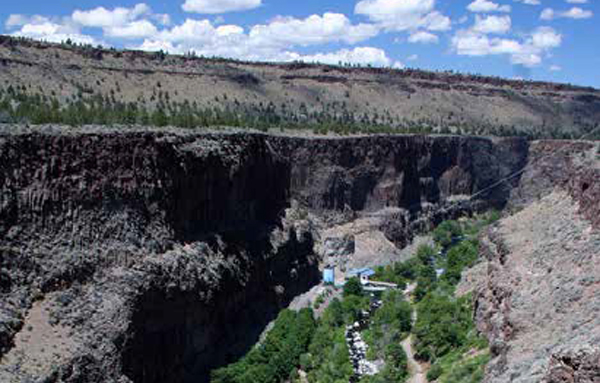
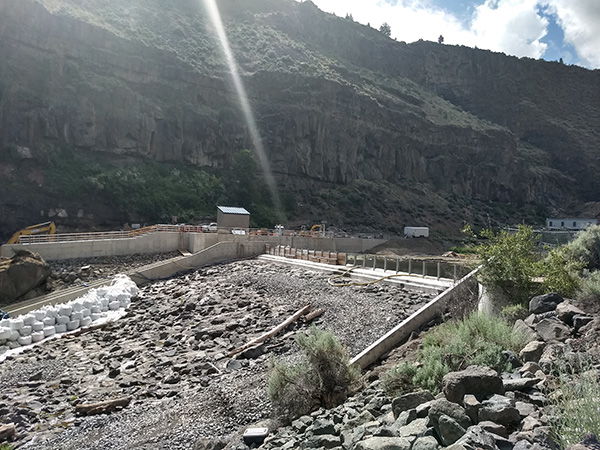
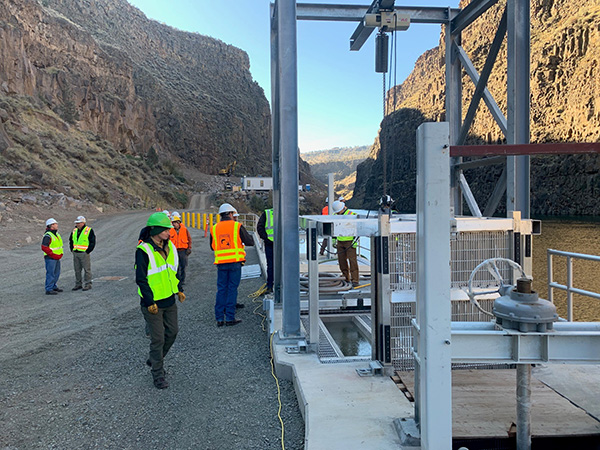
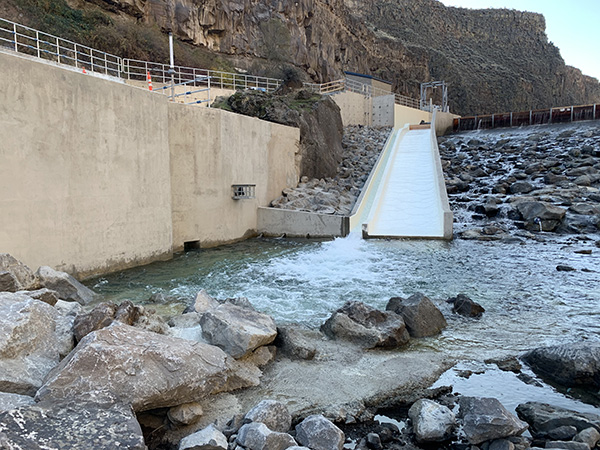
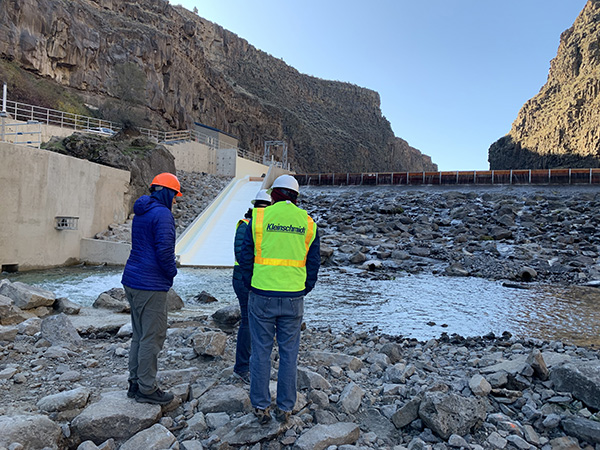
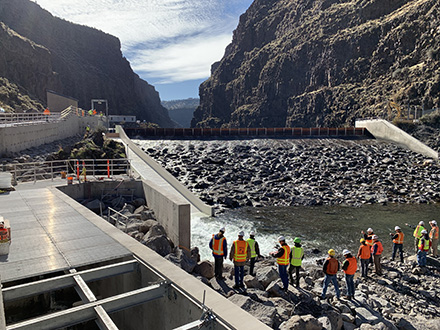
In response to the presence of reintroduced steelhead (threatened under the Endangered Species Act [ESA]), and salmon into the Upper Deschutes Basin, the Deschutes Valley Water District (DVWD) needed a way to reduce regulatory risk at its existing Opal Springs Hydroelectric Project. Fish passage was not required as part of the original project, and the existing Federal Energy Regulatory Commission (FERC) license expires in 2032. DVWD was concerned about ESA aspects of both upstream and downstream passage, because anadromous fish are being reintroduced into the Deschutes basin. Bull trout (ESA Threatened) are also present in the Project area.
Kleinschmidt is the Owners Representative for regulatory and engineering aspects of responding to the regulatory risk. Kleinschmidt personnel have a negotiated multi-party settlement agreement and subsequently developed a non-capacity amendment with the FERC seeking authorization to 1) construct a fish ladder; 2) increase the normal surface elevation of the run-of-river project; and 3) implement an adaptive management program to ensure ESA coverage. Kleinschmidt developed an Applicant Prepared Environmental Assessment that addressed FERC’s NEPA requirements. Kleinschmidt has also represented the client in raising outside funding to assist with construction, and oversaw a value engineering process to bring down costs of construction.
By negotiating the settlement agreement with agencies and non-governmental organizations, DVWD was able to manage risk associated with implementing fish passage. Screening of intakes and other modifications of project operations was avoided; the adaptive management approach ensures ESA compliance while limiting risk of further costly fish protection measures. The increase in pool elevation 1) provides additional generation potential to partially offset capital costs; 2) provides an enhanced ability to move water around the project to maximize fish passage success; and 3) avoided major dam safety considerations of having to breach the existing dam to accommodate fish passage.
Project was granted Low Impact Hydropower Institute (LIHI) Certification in 2019.
Project was awarded the Environmental Business Journal (EBJ) Achievement Award for Hydropower Project in 2019.
